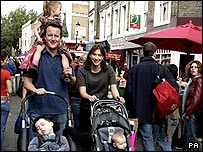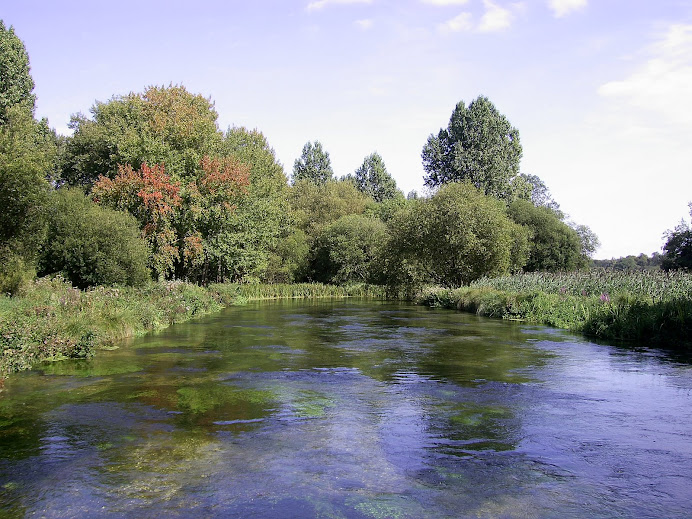This is manifested in appalling rates of family breakdown, educational failure, welfare dependency, drug and alcohol addiction and indebtedness.
Perhaps, unsurprisingly, these five "pathways to poverty" reinforce and entrench each other.
 "Breakdown Britain", the interim report of the Conservative Party's Social Justice Policy Group, shows that in spite of all the government's spending, relative poverty is getting worse, not better. Iain Duncan Smith's group, which is shaping Tory policy on poverty, publishes its interim report next week.
"Breakdown Britain", the interim report of the Conservative Party's Social Justice Policy Group, shows that in spite of all the government's spending, relative poverty is getting worse, not better. Iain Duncan Smith's group, which is shaping Tory policy on poverty, publishes its interim report next week. Labour trumpets its supposed success of taking 2 million children out of poverty, even though the government's own statistics show the true figure is a more modest 700,000.
It is true that vast sums have been spent through tax credits in moving people who are just below the poverty line (60% of median income), to just above it. Many of the families receiving tax credits that take them over the poverty line are still in desperate circumstances. Over 1 million children live in homes where someone is an alcoholic. What chance do the 350,000 or more children whose parents are addicted to hard drugs have to fulfil their potential? Children who have suffered family breakdown are 75% more likely to suffer educational failure.
Conservative leader David Cameron has said families are the "ultimate source of our society's strength or weakness".
 He said his party must "look at ways of supporting families and also supporting marriage so that couples are encouraged to get together and stay together". The UK would be better off with more marriages and fewer divorces, he added.
He said his party must "look at ways of supporting families and also supporting marriage so that couples are encouraged to get together and stay together". The UK would be better off with more marriages and fewer divorces, he added.



 In July 2006 The Government Offices for the South East (GOSE) announced that the Secretary of State’s decision was to grant consent for the disposal of South Street and Monks Way allotments for the building of 435 new homes. An affected plot holder has recently applied for a Judicial review of the decision.
In July 2006 The Government Offices for the South East (GOSE) announced that the Secretary of State’s decision was to grant consent for the disposal of South Street and Monks Way allotments for the building of 435 new homes. An affected plot holder has recently applied for a Judicial review of the decision.


.jpg)